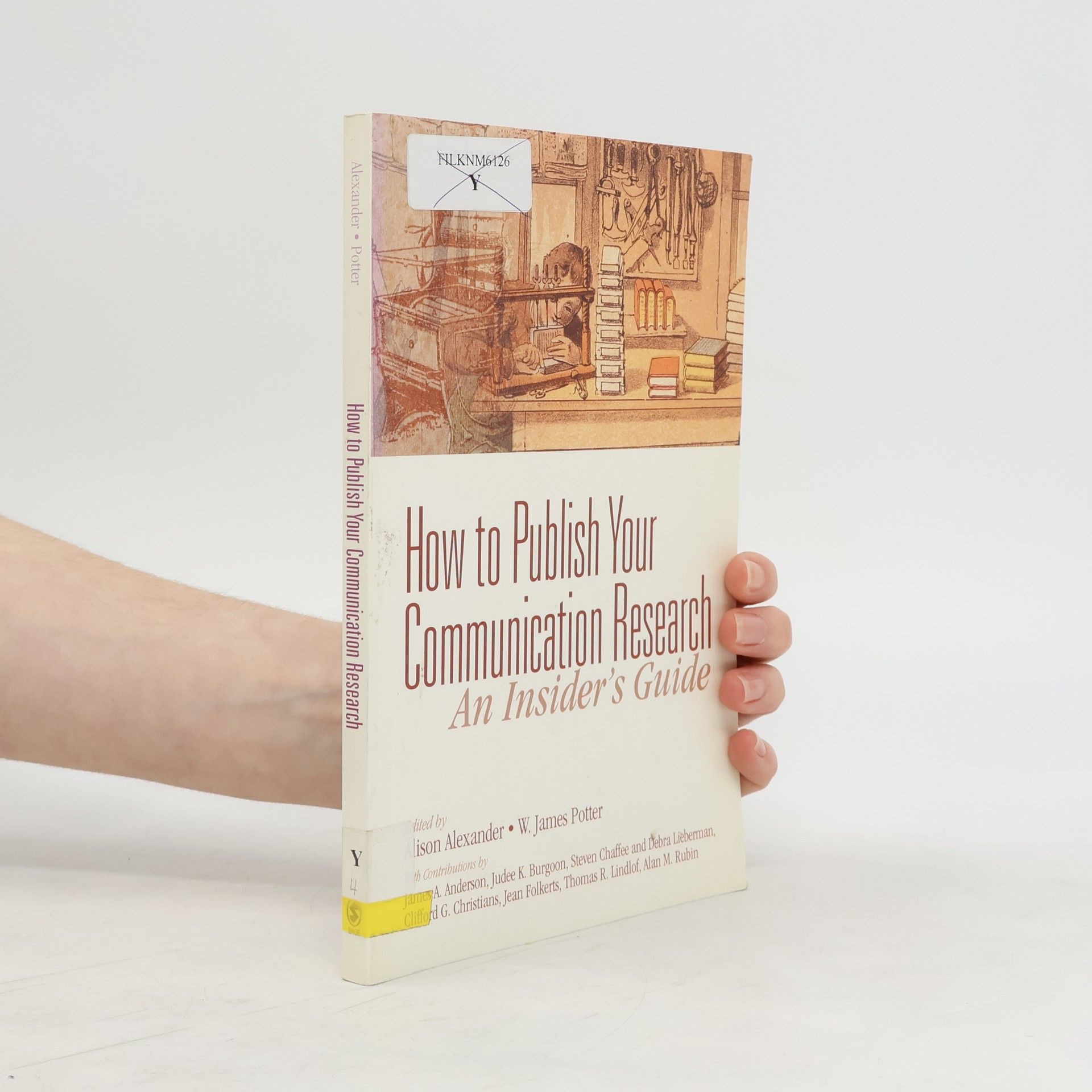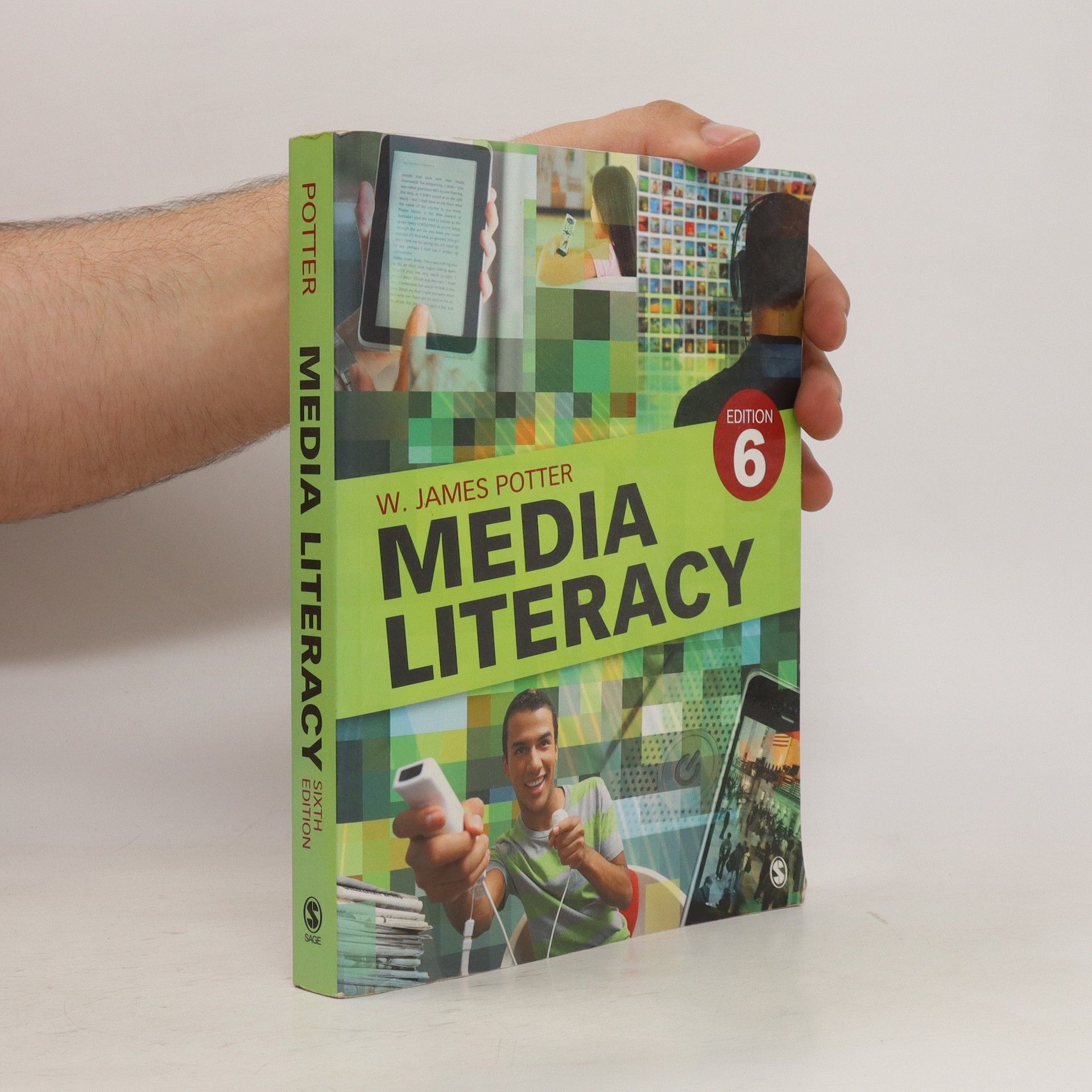Media Literacy
- 423pages
- 15 heures de lecture
This book offers a detailed approach to studying media influences and presents a vision of what it means to operate at a higher level of media literacy. The author agues that media have a profound influence on the way we perceive the world, shaping our beliefs and expectations. By becoming more media literate, we can avoid the potentially negative effects of those media messages as well as amplify the potentially positive effects. Topics covered include content, audience, media industries, media ownership, privacy, violence, sports, social media, and piracy of media messages.

